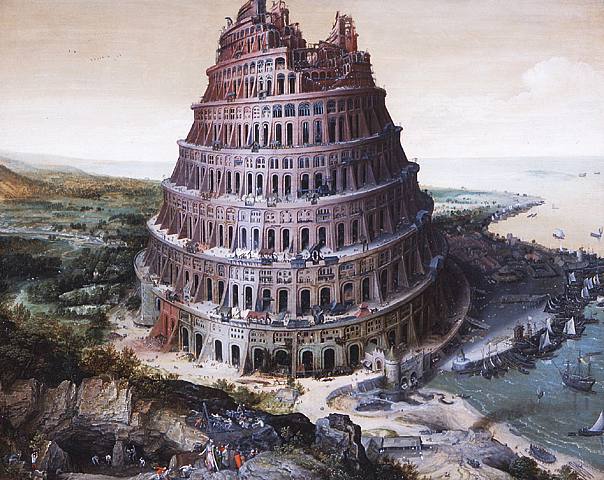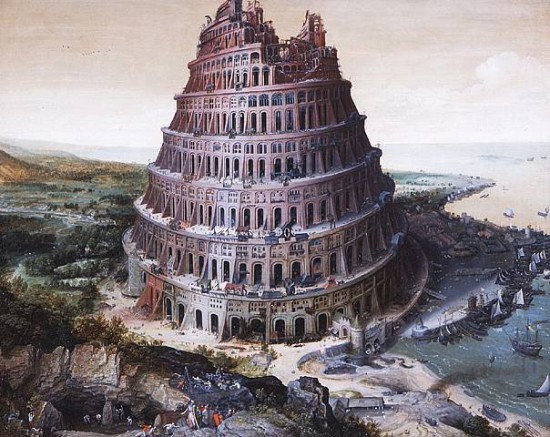The Problem With the Tower of Babel Story
The Problem With the Tower of Babel Story
The last few Wednesdays I’ve been slowly explaining why I see connectedness as a core value of the Christian faith. [You can catch up on these posts here.]
Threaded through this discussion is the idea that God, and those who bear his likeness, are in the business of good.
God evaluated creation and called it good. And in gifting the earth to the care of humans, he probably intended for it to continue in this good state. But people’s ability to sustain good was (and perhaps to some degree still is) dependent on them working together to fill and tend to the earth.
Add to this that God created people to live as companions, and that new generations were birthed into family units, and you can see why I grew up thinking of God as a being who brought people together.
I was always confused by the story of the Tower of Babel then. Unlike in earlier creation when God is shaping spouses from ribs, at Babel God seems to divide people, not unite them. He stops their construction work by literally making it impossible to communicate with each other.
Babel literally means confusion.
And language doesn’t seem to be the only thing that is confused. The people’s identity as image-bearers also seems to be muddied. Instead of being fruitful and turning outward in care for the whole of earth and its inhabitants, they began turning inward, living for their own benefit, absorbed in their own self-interest. They moved away from reflecting or being sacraments of God to each other and instead aspired to build a civilization that they hoped would position them as God’s equals. Rather than care for the world, they wanted to dominate it.
In surrendering to selfishness, they distorted God’s intentions for them. And so, to re-purpose them for good, God stops their work and forces them to spread out across the earth. He turns them back to an outward course–one of building tribes, of caring for the earth’s many parts, of bearing God fruitfully.
The story then of course does not conclude with these great tower builders serving as agents of power on the planet. Instead, God embeds his Creation intentions in a new gathering of humans. Another family. The family of Abraham. And God commissions this family to turn outward, focusing on the whole of the earth again, by bringing blessing to all the families of the earth through them. (Genesis 12:1-3).
The Babel narrative definitely contains some corrective disbursement, but the connections God originally introduced via families seem to progressively overflow onto others. And this too is a theme we’ll see again.


